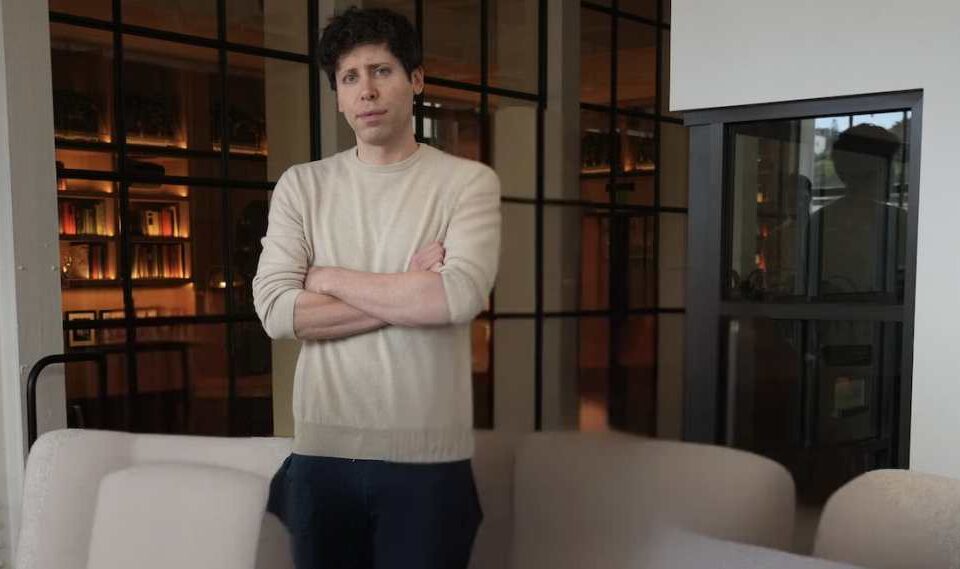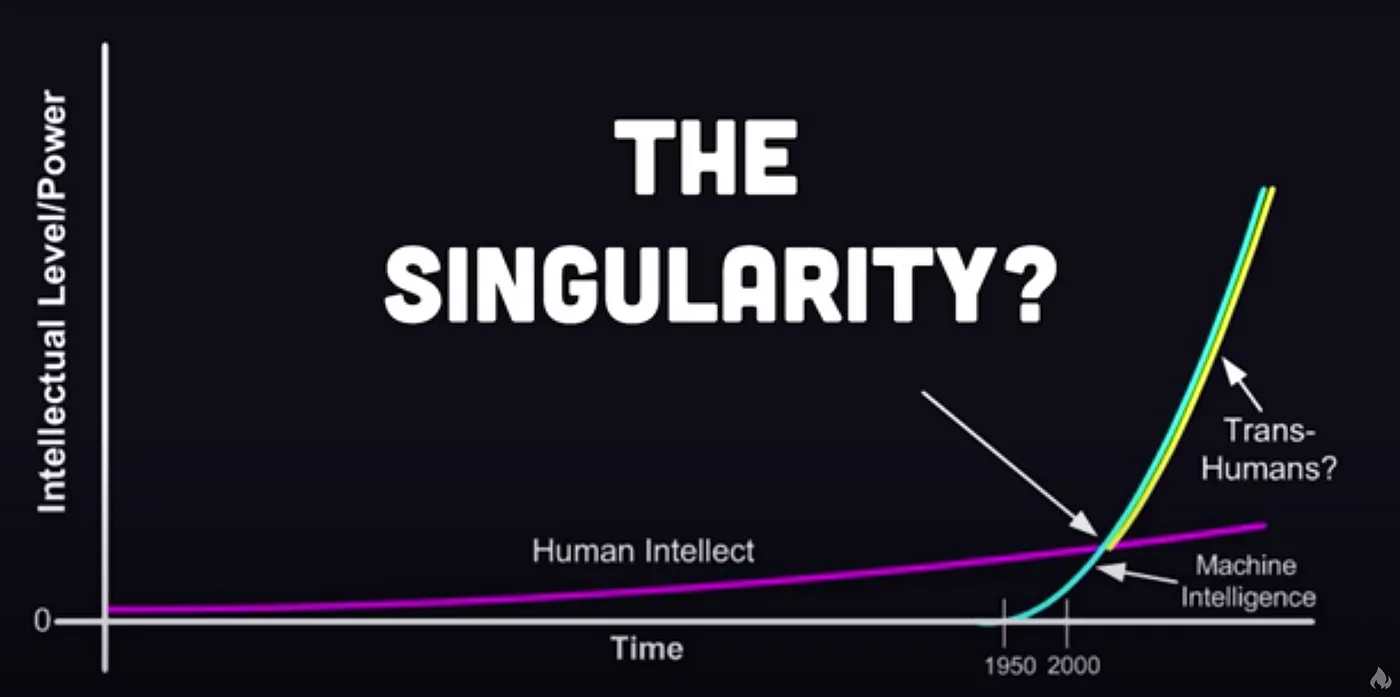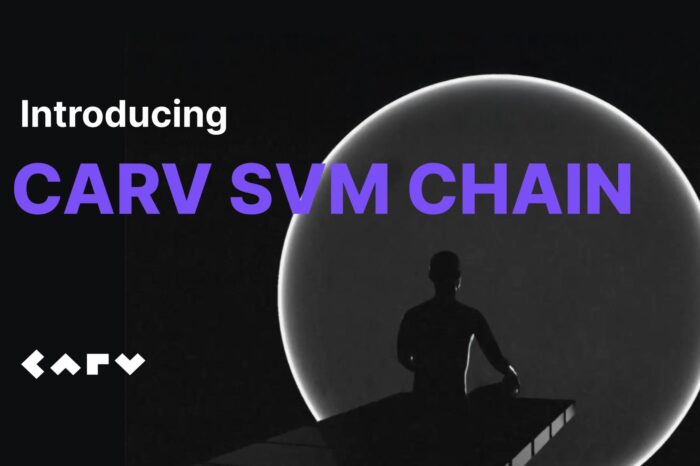Sam Altman’s cryptic tweet suggests AI nears singularity, surpassing human intelligence

OpenAI CEO Sam Altman rang in 2025 with a puzzling six-word tweet, sparking discussions about whether humanity is nearing—or has already crossed—the technological singularity. Adding fuel to the fire, another OpenAI researcher hinted at breakthroughs in creating superintelligence.
Altman’s tweet, posted on January 4, simply read: “Near the singularity; unclear which side”. The singularity is often described as a tipping point where AI advancements become uncontrollable, leading to potentially transformative—or catastrophic—outcomes.
i always wanted to write a six-word story. here it is:
___near the singularity; unclear which side.
— Sam Altman (@sama) January 4, 2025
A Subtle Nod to Literary Minimalism
Altman’s post was also a creative exercise, drawing from the six-word story format made famous by Hemingway’s alleged challenge: “For sale: baby shoes, never worn.” While brief, the story carries significant weight, reflecting the ambiguity and gravity of AI’s potential trajectory.
The Singularity: Surpassing Human Intelligence
Altman’s post was in reference to the concept of the singularity—a hypothetical point where artificial intelligence surpasses human intelligence, triggering changes no one can fully predict. This idea has long been a focus of debates in tech and futurist circles. His mention of “unclear which side” suggests a deeper existential question: Will humanity benefit from these advancements, or will they lead to unintended consequences?
The singularity is more than just a buzzword in tech circles—it’s the hypothetical point at which artificial intelligence surpasses human intelligence, setting off a chain reaction of advancements that humanity can neither control nor predict. Coined by mathematician John von Neumann in the 1950s and popularized by futurist Ray Kurzweil, the singularity represents the ultimate tipping point in technological evolution.

What makes the singularity so compelling—and controversial—is its promise and peril. On one hand, advocates argue that AI with superintelligence could solve some of humanity’s most intractable problems, from eradicating diseases to reversing climate change. On the other, skeptics warn of runaway AI systems that prioritize their goals over human welfare, potentially leading to catastrophic outcomes.
However, Altman later elaborated that the phrase could be interpreted in two ways: through the lens of the simulation hypothesis or as commentary on how elusive it is to pinpoint the exact moment of AI’s critical “takeoff.”
(“it’s supposed to either be about 1. the simulation hypothesis or 2. the impossibility of knowing when the critical moment in the takeoff actually happens, but i like that it works in a lot of other ways too.”) Altman explained in a follow-up post. Here, “takeoff” likely refers to the rapid escalation of AI capabilities beyond human control.
The simulation hypothesis, a philosophical idea suggesting that our reality might be a computer simulation, contrasts with the more practical concerns surrounding the singularity’s societal implications.
OpenAI’s Breakthroughs and Speculations
Altman’s tweet follows OpenAI’s recent launch of its o3 model, which has set new benchmarks in math, reasoning, and coding performance. The company’s progress has raised questions about how close we are to superintelligence, a stage where AI systems can outperform human capabilities across the board.
Adding to the intrigue, OpenAI researcher Stephen McAleer tweeted about missing the early days of AI development, before they “knew how to create superintelligence.” The statement sparked further debate about OpenAI’s role in advancing AI beyond AGI (artificial general intelligence) toward uncharted territory.
OpenAI, co-founded by Altman and Tesla CEO Elon Musk in 2015, has been at the forefront of AI innovation. Musk, however, parted ways with the company in 2018 over disagreements about its direction. In 2024, Musk accused OpenAI of achieving AGI with its GPT-4 model—a claim the company denied. Yet, Altman hinted in late 2024 that AGI could become a reality in 2025.
During a November 8 YouTube interview, Y Combinator CEO Garry Tan asked Altman what he was most excited about for 2025. Altman’s one-word answer? “AGI.”
“What are you excited about in 2025?” Tan asked Altman. “What’s to come?” “AGI,” Altman replied. “I’m excited for that.”
Why It Matters
Altman and OpenAI have a history of generating buzz, but this time, the stakes feel higher. From AGI to superintelligence to the singularity, the conversation has shifted rapidly, leaving many wondering just how far the company has come—and what might lie ahead. With recent breakthroughs and cryptic comments, the speculation surrounding AI’s future is only intensifying.




